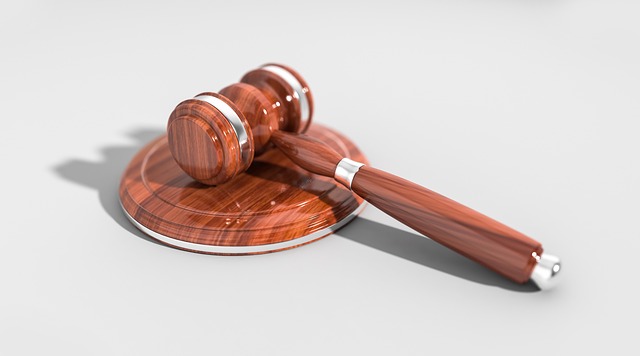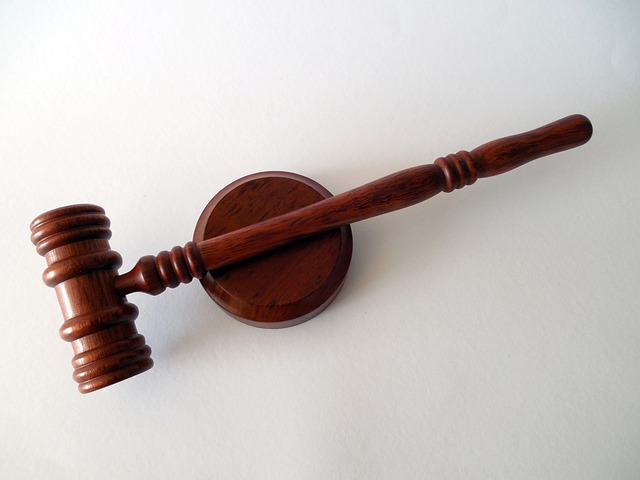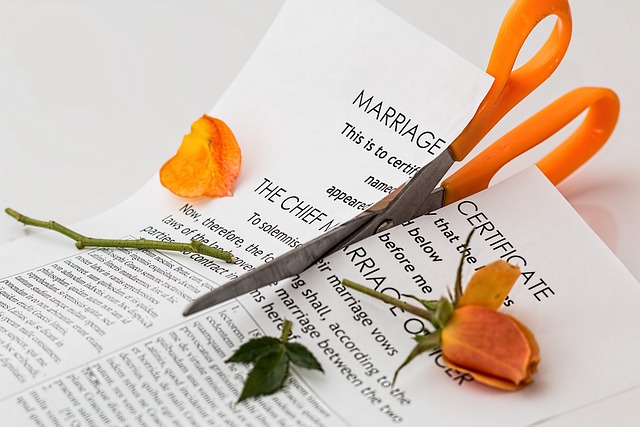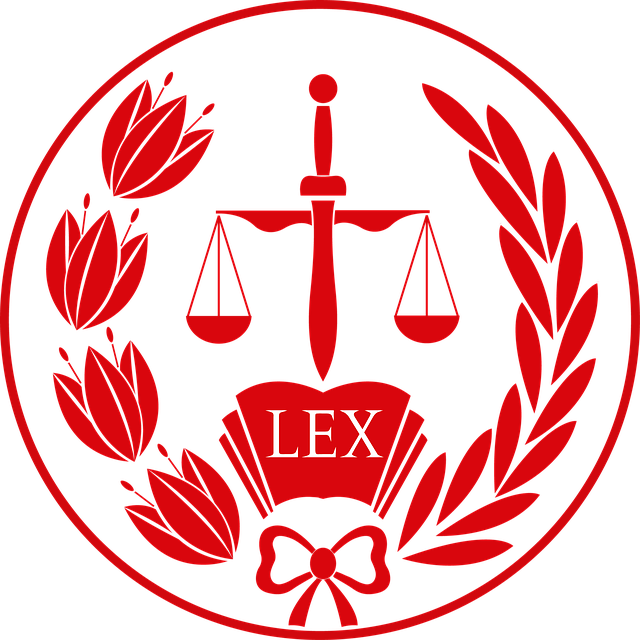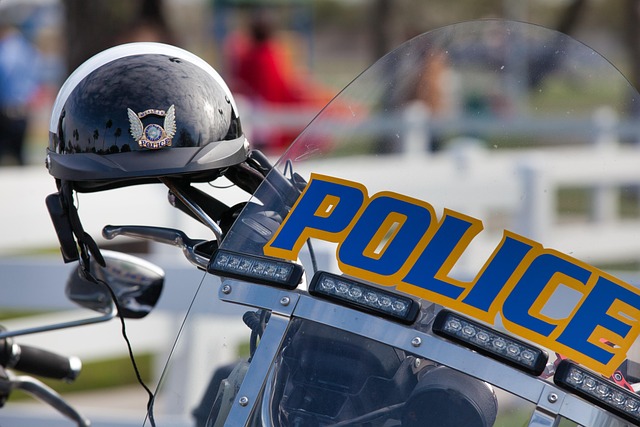The Civil Litigation Process for Patent Infringement in healthcare tech involves complex legal arguments, expert testimony, and strategic planning. This process resolves disputes between patent holders (plaintiffs) and accused infringers (defendants), balancing protection of intellectual property with public access to essential technologies. Skilled attorneys navigate pre-litigation through trial, employing evidence & sophisticated legal strategies for favorable outcomes. Expert witnesses provide crucial insights, impacting case decisions significantly. Healthcare law firms face challenges, requiring strategic approaches combining healthcare & patent law expertise to defend against infringement claims and white-collar crimes.
In the intricate landscape of healthcare law, understanding patent infringement cases is paramount. This article explores the multifaceted aspects of civil litigation within the industry, focusing on the crucial role it plays in protecting intellectual property rights. We delve into the strategic navigation of the legal process to secure maximum compensation, highlighting the significance of expert witnesses in providing vital insights. Additionally, we analyze common challenges faced during defense and offer proven strategies for navigating these complex cases, especially concerning the civil litigation process for patent infringement.
- Understanding Patent Infringement Cases
- The Role of Civil Litigation in Healthcare
- Navigating Legal Process for Maximum Compensation
- Expert Witnesses and Their Significance
- Common Challenges and Strategies for Defense
Understanding Patent Infringement Cases

Patent infringement cases are a specialized area within civil litigation, demanding intricate understanding of both intellectual property law and the unique dynamics of healthcare technology. These disputes often arise when a party, be it a pharmaceutical company or a medical device manufacturer, is accused of using, selling, or importing a patented invention without authorization. The Civil Litigation Process for Patent Infringement involves several stages, from initial filing to trial. It requires meticulous documentation, expert testimony, and a deep analysis of the patent’s scope and validity.
The complexity of healthcare law intertwines with white-collar and economic crimes, necessitating skilled attorneys well-versed in both fields. Philosophical and political communities often debate the balance between patent protection and public access to essential healthcare technologies. A successful defense strategy for these cases involves demonstrating non-infringement, invalidity of the patent, or license agreements, employing sophisticated legal arguments and evidence. Understanding these intricacies is crucial for both plaintiffs and defendants seeking to navigate this complex landscape.
The Role of Civil Litigation in Healthcare
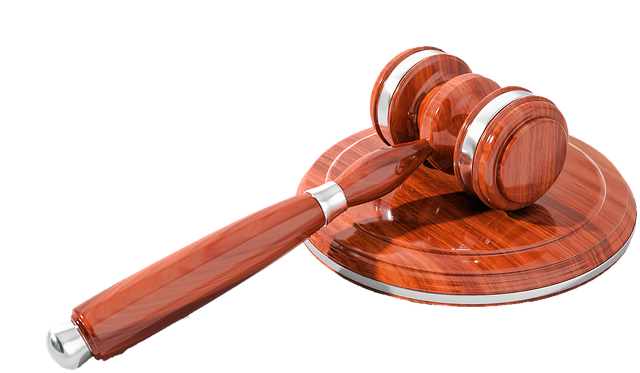
In the dynamic landscape of healthcare, civil litigation plays a pivotal role in resolving disputes and ensuring accountability. When it comes to protecting intellectual property rights, particularly in the case of patent infringement, the Civil Litigation Process for Patent Infringement becomes a cornerstone mechanism. This process empowers healthcare innovation by allowing businesses to safeguard their respective inventions and technologies. It is a crucial tool for high-stakes cases, offering a structured framework to address violations and secure compensation or injunctive relief.
For his clients, the civil litigation route provides a legal avenue to navigate complex matters pertaining to patent rights. Through meticulous case evaluation, strategic planning, and aggressive representation, skilled attorneys can guide respective businesses through this intricate process. By employing persuasive arguments and substantial evidence, they aim to achieve favorable outcomes, protecting not only intellectual property but also fostering a robust and fair healthcare industry ecosystem.
Navigating Legal Process for Maximum Compensation
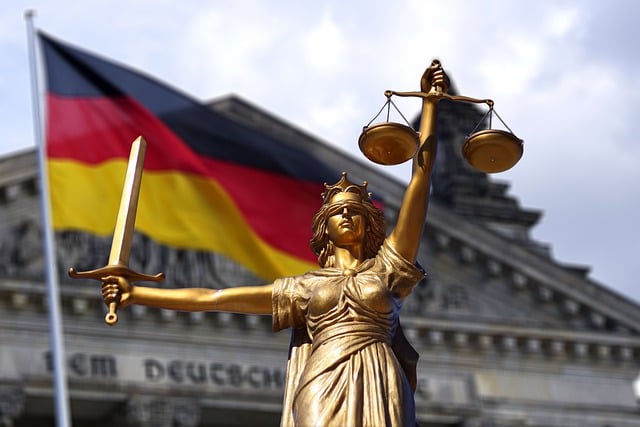
Navigating the legal process for maximum compensation in patent infringement cases is a complex task that requires expertise and strategic planning. The civil litigation process involves a series of intricate steps, from filing a lawsuit to presenting a compelling case before a jury. Understanding this process is vital for both plaintiffs and defendants seeking fair redress.
Successful navigation often hinges on engaging experienced legal counsel specialized in intellectual property law. These professionals guide clients through pre-litigation strategies, including thorough fact-finding, identifying key evidence, and assessing the strength of the patent claim. By employing a comprehensive approach, they can enhance their client’s position, ultimately aiming for a favorable outcome, whether through settlement negotiations or jury trials across the country.
Expert Witnesses and Their Significance
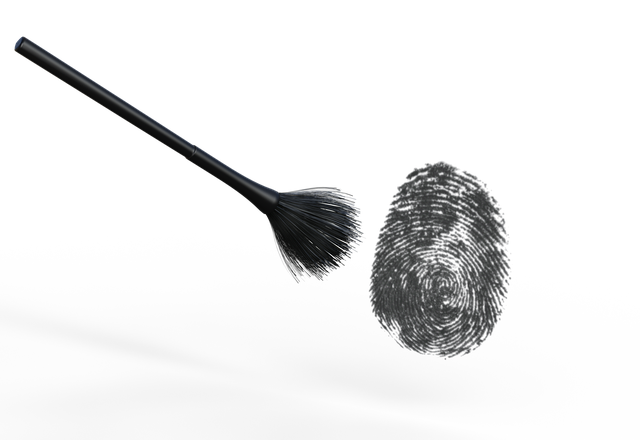
In complex legal matters, particularly within the realm of civil litigation process for patent infringement, expert witnesses play a pivotal role. These individuals are highly specialized professionals, such as scientists, engineers, or industry experts, who possess in-depth knowledge and understanding of specific technical domains. Their significance cannot be overstated, especially when navigating intricate cases that involve cutting-edge technologies or novel legal arguments. Expert witnesses provide critical insights, offer independent analyses, and help the court comprehend complex issues, ensuring a fair and just outcome.
Beyond their contribution to the legal process, expert witnesses are instrumental in achieving extraordinary results for both plaintiffs and defendants alike. Their testimony can sway the balance of a case, especially when presented with compelling evidence and sound reasoning. In cases involving white-collar and economic crimes, where avoiding indictment is paramount, expert witnesses can offer strategic guidance, helping lawyers build robust defenses. By leveraging their expertise, legal teams can navigate these labyrinthine scenarios effectively, ultimately aiming to resolve matters amicably or secure the best possible outcomes in court.
Common Challenges and Strategies for Defense

Healthcare law firms often find themselves navigating complex legal landscapes, particularly when representing clients in civil litigation processes for patent infringement cases. These challenges are multifaceted and demand a strategic approach from white collar defense attorneys. One of the primary hurdles is deciphering intricate intellectual property laws and staying abreast of evolving regulatory frameworks governing healthcare innovations. Effective strategies include thorough due diligence to build robust defenses, leveraging expertise in both healthcare and patent law, and employing creative legal interpretations to challenge allegations.
Moreover, addressing white collar and economic crimes requires a nuanced understanding of the client’s business practices and industry norms. For his clients, successful defense often involves early identification of potential risks, implementing stringent compliance measures, and fostering a culture of ethical conduct. Proactive strategies such as regular training sessions on regulatory updates and ethical guidelines can significantly mitigate the chances of patent infringement claims, especially in the dynamic field of healthcare technology.
Healthcare law firms play a pivotal role in navigating complex legal landscapes, especially in patent infringement cases. By understanding the intricacies of civil litigation processes, these experts can guide clients through challenging situations, ensuring fair compensation and optimal outcomes. From expert witness selection to strategic defense planning, healthcare legal professionals are instrumental in protecting intellectual property rights, fostering innovation, and upholding the integrity of the industry. Embracing a comprehensive approach that includes knowledge of patent law and civil litigation procedures is key to successfully managing potential infringements.
